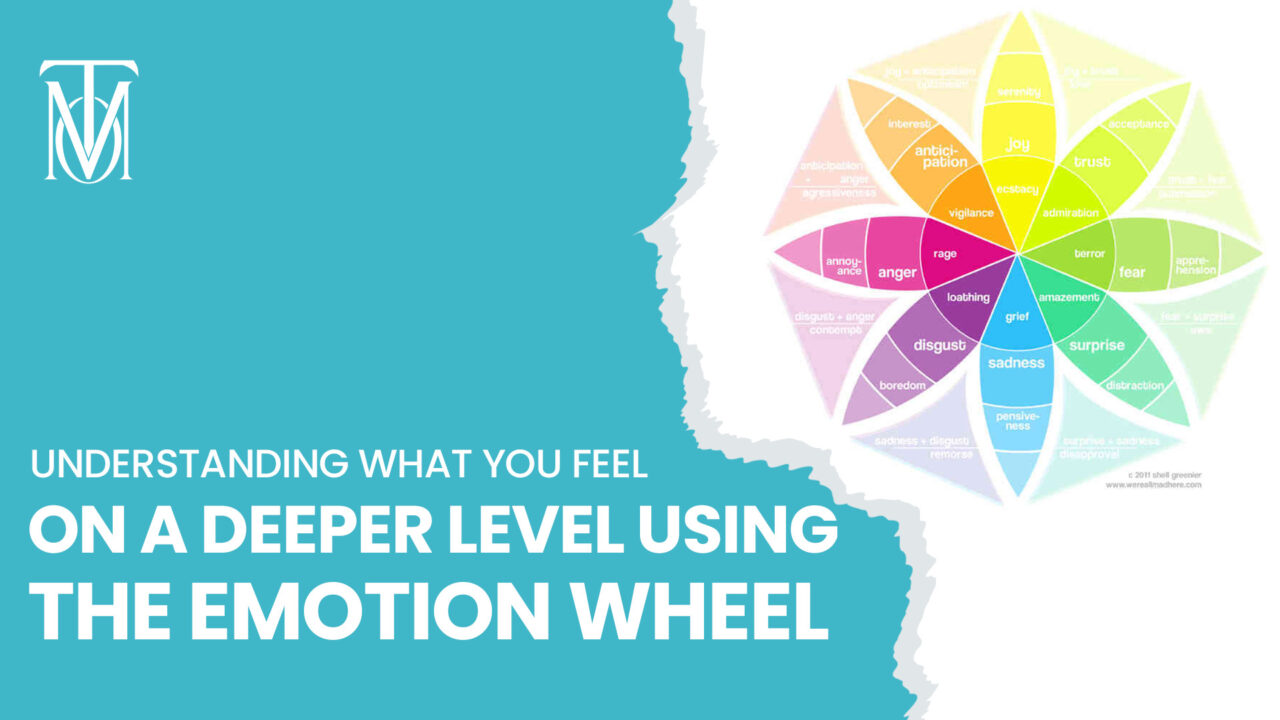ENFJ (extraversion, intuition, feeling, judgment) is a four-letter acronym for one of the 16 Myers-Briggs personality types. Individuals with the ENFJ personality type are responsible, extroverted, and loyal.
What Does Being An ENFJ Mean?

- ENFJs are strong extraverts who like socializing with others. As a result, we are rarely lonely.
- ENFJs have great organizational skills and are often warm, affectionate, and supportive. We understand the perspectives of others and have the communication skills required in many jobs, including teaching and counseling.
- ENFJs excel at motivating others and gain personal fulfillment from assisting others. We have tremendous wants to help others in reaching their full potential, and we derive personal satisfaction from helping individuals around us.
- ENFJs are not selfish, but we are frequently so focused on helping others that we disregard our own needs.
- ENFJs are also too critical of themselves, Enfjs tend to blame themselves when things go wrong and failing to give themselves enough credit when things go well. As a result, persons with this personality type must set aside time on a regular basis to respond to their needs.
- ENFJs excel at bringing diverse groups of people together. As a result, we may be excellent leaders, bringing excitement to a group that can be encouraging and inspiring.
One popular misconception about protagonist personality traits is that we are constantly sociable. While we adore others, we need alone time to process and arrange our ideas.
While all the personality types exist on an individual level of extroversion versus introversion, the majority of ENFJs are quite social.
What Are ENFJs Weaknesses?
- Approval-seeking
- Overprotective
- Self-sacrificing
- Overly sensitive
- Indecisive
- Rigid and uncompromising
- Manipulative
Personal Relationships

ENFJs place high importance on others and are warm, loving, and helpful in personal relationships. We may become caught up in other people’s troubles at times.
We are selfless and want to help others, which might come off as domineering at times. Regardless, we are generally highly loved, and others appreciate our genuine concern and care. We make things happen for people, and get their best personal satisfaction from this.
ENFJs are loving and warm as parents, yet they are frequently accused of being “helicopter parents.” They are actively engaged in their children’s lives, despite the fact that they may be rather strict and even harsh at times.
ENFJs are extroverted persons who like spending time with others. We feel more energized when we are in social environments. ENFJs seek to be valued members of their families, groups, and communities by working hard to maintain strong relationships.
People with protagonist traits are often described as helpful and enjoyable to be around in friendships and other relationships. We thrive in relating to others and are known for bringing out the best in those with whom we spend our time.
Cognitive Functions
A hierarchical stack of cognitive processes that reflect how each individual interacts with the environment may be used to identify each Myers-Briggs type indicator. These functions are concerned with how people get knowledge about the world and then use that information to make choices.
Dominant: Extraverted Feeling
This cognitive function is shown by ENFJs via their engaged social behavior and harmonious social relationships. We are sensitive to other people’s emotions, frequently to the point of denying our own needs to satisfy others.
When making choices, people with a protagonist personality put a greater focus on personal, subjective considerations rather than objective ones. The influence of a choice on others is often a primary concern. We demonstrate engaging social behavior and get energy from our social relationships.
Auxiliary: Introverted Intuition
ENFJs like to focus on the future rather than the present. We may get so concentrated on the bigger picture that we lose sight of the little details.
When ENFJs absorb information about the world, our introverted intuition processes it to develop impressions, ideas, and thoughts. This enables people to recognize patterns and interpret complex or abstract facts.
Tertiary: Extraverted Sensing
ENFJs with extraverted senses focus on the present moment, acquiring concrete facts and sensory information from their surroundings. As a result, we will often seek out unusual or exciting experiences and feelings.
People with the Protagonist personality type are acutely aware of their surroundings. This might result in a strong sense of aesthetics and a drive to create a pleasing environment.
Inferior: Introverted Thinking
ENFJs are structured people who appreciate structure and careful planning. Maintaining a consistent routine allows ENFJs to feel in control of their surroundings.
ENFJs have a strong feeling of control over their environment. Because this is an inferior function, ENFPs may lack confidence in their own capacity to be rational and orderly.
Tips For Interacting With ENFJs

Friendships
Accepting the support and caring that an ENFJ naturally offers is one of the finest ways to be a good friend to them. People with this personality type like helping their friends, and it is critical to demonstrate that you embrace and value what they have to give.
However, please keep in mind that our website is not intended to be a substitute for professional medical advice, diagnosis, or treatment.
Parenting
Children of ENFJs may struggle to live up to their parents’ high standards. The ENFJ parent’s hands-on approach to parenting can be suffocating at times, making it difficult for children to explore the world on their terms.
Parents of ENFJ children should be aware that their children are exceedingly empathetic, to the point of feeling overwhelmed by the intense feelings that other people evoke. These children are generous and compassionate but may find it difficult to burden others with their troubles.
Relationships
Because ENFJs are so sensitive to the feelings of others, our happiness is crucial to the happiness of our partner. Remember that your partner may even prioritize their own needs to meet yours.
Let our ENFJ spouse know how much we appreciate all of their support and caring, and be ready to return the favor if they hesitate to ask for help.
Final Thoughts
ENFJs, like other personality types, have strengths and weaknesses. Understanding our personality type may help us identify traits that may impact our relationships and well-being.
The protagonist’s personality is selfless, kind, and devoted, yet we may also be overprotective and manipulative at times. We care about others and want to make the world a better place, yet this may lead to neglecting our own needs.











